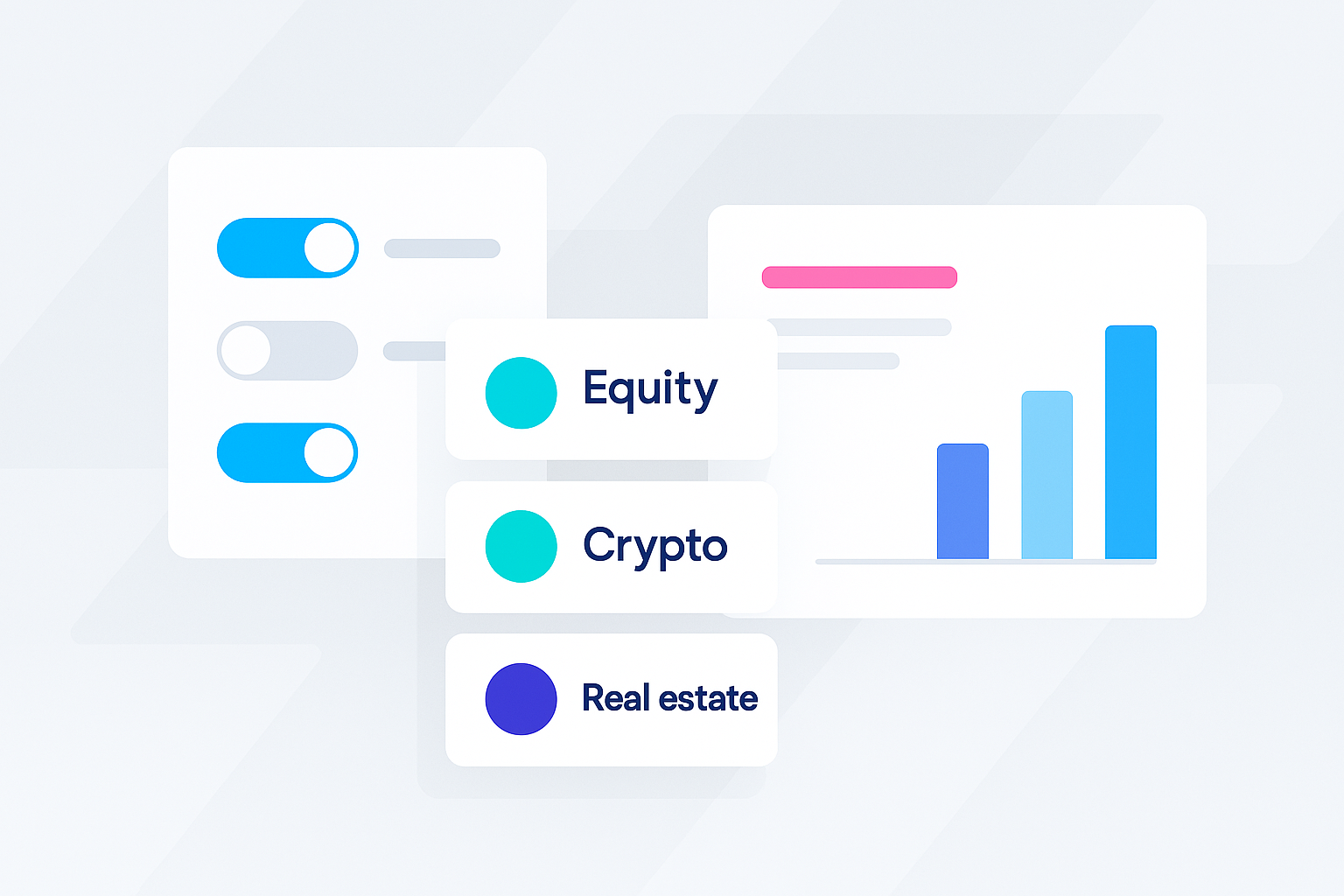
FEATURED ARTICLE
Tax Planning for Realized Gains and Ordinary Income
Tax planning strategies for realized gains and ordinary income

Tax planning strategies for realized gains and ordinary income


The Excess Business Loss (EBL) Limitation is a tax rule designed to limit the amount of business losses that non-corporate taxpayers can use to offset non-business income, such as wages or investment returns. Introduced as part of the 2017 Tax Cuts and Jobs Act (TCJA), this limitation prevents taxpayers from significantly reducing their taxable income using large business losses.
However, this limitation does not apply to income generated from a business. If your income is classified as business income, you can fully offset it with business losses without being restricted by the EBL limitation.
For 2025, the EBL limits are:
Any business loss exceeding these amounts cannot be deducted in the current tax year to offset non-business income. Instead, the excess is carried forward as a Net Operating Loss (NOL) to be applied in future years.
Understanding the distinction between business income and non-business income is crucial when navigating the EBL Limitation, as this primarily applies to offsetting non-business income. Here’s how these two categories are defined:
Business income refers to earnings generated from a trade or business activity. This income is generally considered self-generated and includes:
Non-business income is unrelated to any trade or business activity and typically consists of passive or investment-derived earnings. Examples include:
Background:
Jill, a single filer residing in New York, earns a $500,000 from her salary (W2-Income). In 2025, she will invest $400,000 in an oil and gas drilling project, with 90% of her investment ($360,000) qualifying as Intangible Drilling Costs (IDCs). These IDCs are fully deductible as a business loss in the first year.
Current Tax Scenario Without the Oil and Gas Deduction:
Step-by-Step Analysis with the EBL Limitation:
Tax Savings :
Impact of EBL Removal (Hypothetical Scenario):
If Jill’s $500,000 income was entirely from her own business/ or profits from a partnership, the Excess Business Loss limitation would not apply. This is because business losses can fully offset business income. Here’s how her tax situation would look:
The Excess Business Loss (EBL) Limitation is an important consideration for individuals investing in tax-advantaged opportunities such as oil and gas drilling and solar projects. Both investment types often generate substantial upfront deductions using depreciation, which can help offset taxable income. However, the EBL limitation restricts how much of these losses can offset non-business income, such as wages or investment returns, in a given year.
To maximize your tax benefits and avoid surprises, it’s essential to carefully estimate your potential losses and how they interact with the EBL limitation, especially when planning your investment amounts. If you’re unsure how these rules apply to your specific situation or need help aligning your investments with your broader financial goals, talk to us—we’re here to help. Our team of experts can guide you through the complexities of tax planning, ensuring you make the most of these opportunities. Schedule a consultation today and let us simplify the process for you.
Unsure how this rule applies to your situation?
We’ve built a platform to give everyone access to the tax and wealth building tools typically reserved for wealthy individuals with a team of accountants and lawyers. We make it simple and seamless for our customers to take advantage of these hard-to-access tax-advantaged structures so you can build your wealth more efficiently at less than half the cost of competitors.
From picking the best strategy to taking care of all the setup and ongoing overhead, we make things simple. The results are real: We have helped create more than $1.1 billion in additional wealth for our customers.If you would like to learn more, please feel free to explore our Learning Center, check out your potential tax savings with our online calculators, or schedule a time to chat with us!